A First Look at Your Financing Options
Dubai inspires investors worldwide with its dynamic growth, innovation, and unique charm. If you’re considering buying property here, you face a wide range of options — and important decisions. One key decision is how to finance your Dubai property, which can significantly impact your purchase.
Many buyers wonder whether to seek financing in Dubai or to use liquid assets, or even strategically leverage existing assets, such as property in Germany. This article explains your options, how the real estate market works, and why exploring alternatives to traditional financing can be worthwhile. You’ll also receive practical tips and a checklist of requirements every borrower should meet.
The Dubai Real Estate Market and Financing Options
Dubai offers a dynamic yet well-regulated property market. Banks and financial institutions provide a variety of mortgage products, including options for non-residents. Conditions differ from those in Europe, so it’s essential to carefully review your options to find the right financing for your investment or personal residence.
Mortgage rates vary widely. Some lenders offer terms comparable to European institutions, while others are higher. Rates depend heavily on your buyer profile, the type of property (apartment, villa, or off-plan), and the bank. An individual review of your creditworthiness and market conditions is therefore crucial before committing.
As a foreign buyer, you can generally obtain a mortgage in Dubai. Requirements are stricter than for residents: you need a strong credit history, a down payment or equity of 20–30% of the property value, and transparent financial documentation. The selection of banks has grown significantly, and many now specialize in serving international clients. Understanding the differences in conditions for residents and non-residents is essential.
Islamic Financing Models — Alternatives with Unique Features
Dubai is a global hub for Islamic finance, where Sharia principles prohibit conventional interest (Riba). Instead, profit-based structures replace traditional interest calculations.
- Murabaha: The bank purchases the property and resells it to you with a pre-agreed profit margin. Payments are made in installments, with no hidden interest - only a transparent, fixed profit share.
- Ijara (lease-to-own): You lease the property from the bank and gain ownership at the end of the term.
These models are especially appealing for investors who want to align their real estate purchases with Islamic principles. They require detailed contracts and coordination with the lender.
Why Considering Alternatives Makes Sense
Traditional financing in Dubai can be demanding. Beyond formal requirements, it binds you to a lender and creates ongoing obligations. There are, however, flexible options that reduce complexity and provide greater freedom.
Off-Plan Properties with Payment Plans
A popular option in Dubai is off-plan properties with post-handover payment plans. During construction, you pay in smaller installments, with larger payments starting only after handover. This preserves liquidity while benefiting from a clear, structured payment schedule — without the typical hurdles of bank financing.
This approach is particularly attractive for international buyers who are not yet permanently residing in the UAE. Banks often impose stricter conditions for non-residents, making off-plan payment plans a practical entry point into Dubai’s property market.
Many developers collaborate with financial institutions to offer flexible plans tailored to different buyer needs. Payments can often be adjusted to your personal financial situation.
It’s important to note that financing off-plan properties is usually only possible after project completion. A significant portion of the purchase must be paid during construction without a mortgage. Typically, buyers cover part of the price upfront, with financing available for up to 50% of the total — in rare cases, up to 60%.
Another advantage is benefiting from potential property value appreciation during construction. Early pricing allows investors to profit from market increases, maximizing potential returns. However, risks such as delays or market changes should be considered. Detailed research on the developer, project quality, and legal framework is strongly advised.
Using Property in Germany to Access Liquidity
If you own debt-free property in Germany, you can strategically use it to raise capital. German interest rates are often stable and predictable, allowing investment in Dubai without relying on local financing. This method lets you efficiently deploy your assets while taking advantage of Dubai’s attractive real estate market.
Managing the Process — Why Clear Structures Matter
Many buyers underestimate the complexity of financing property abroad. Credit checks, legal requirements, document translations, and bank coordination take time and effort. Planning carefully and using experienced real estate agents or lenders can simplify the process.
Purchasing with liquid funds or restructuring existing assets — combined with an off-plan payment plan or leveraging property in Germany — can provide flexibility without the burdens of local financing. This approach also reduces costs and risks compared to traditional loans.

.svg)

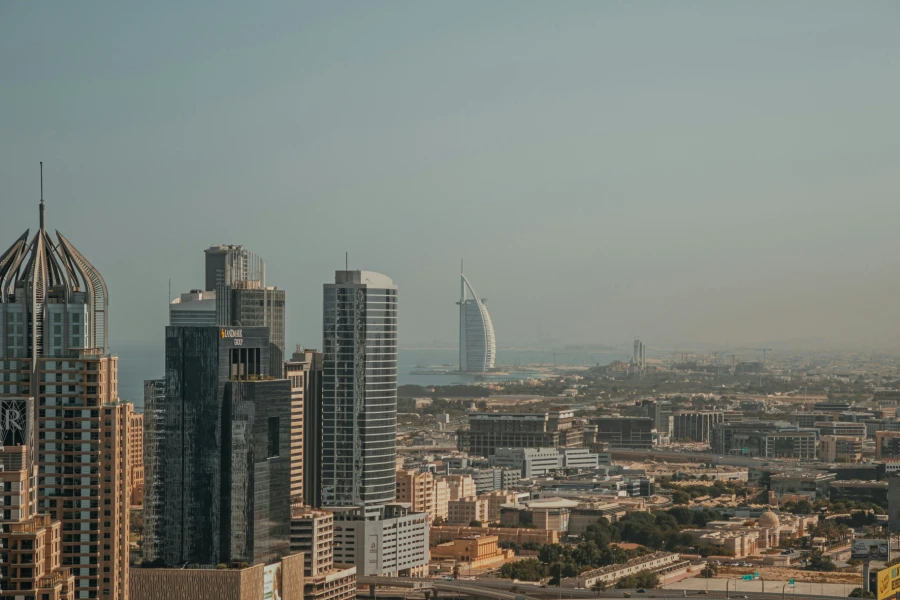



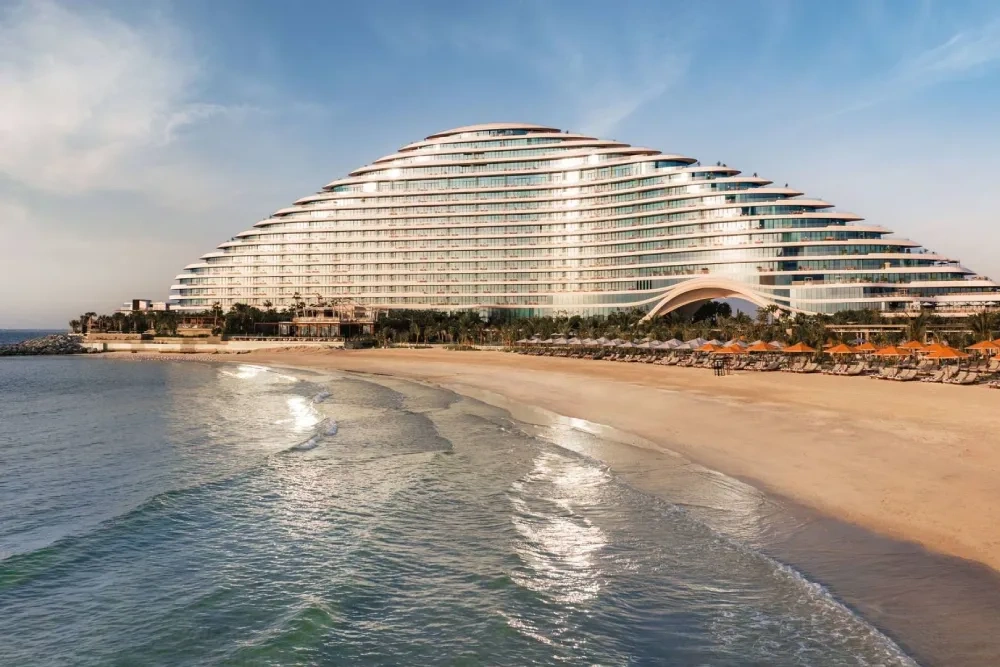
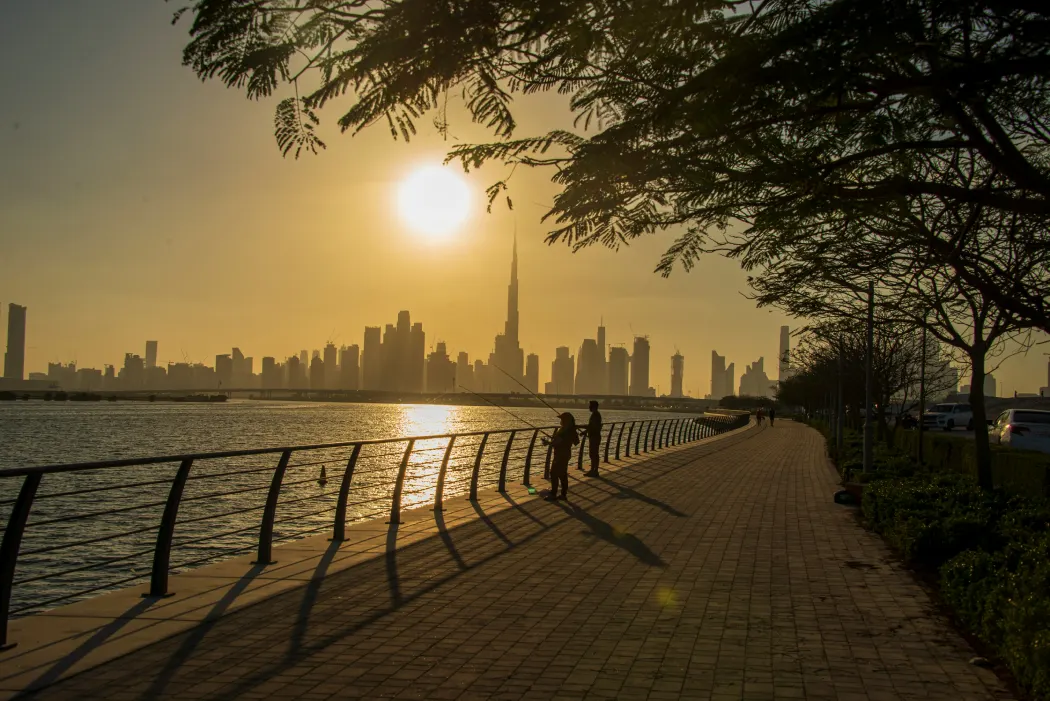



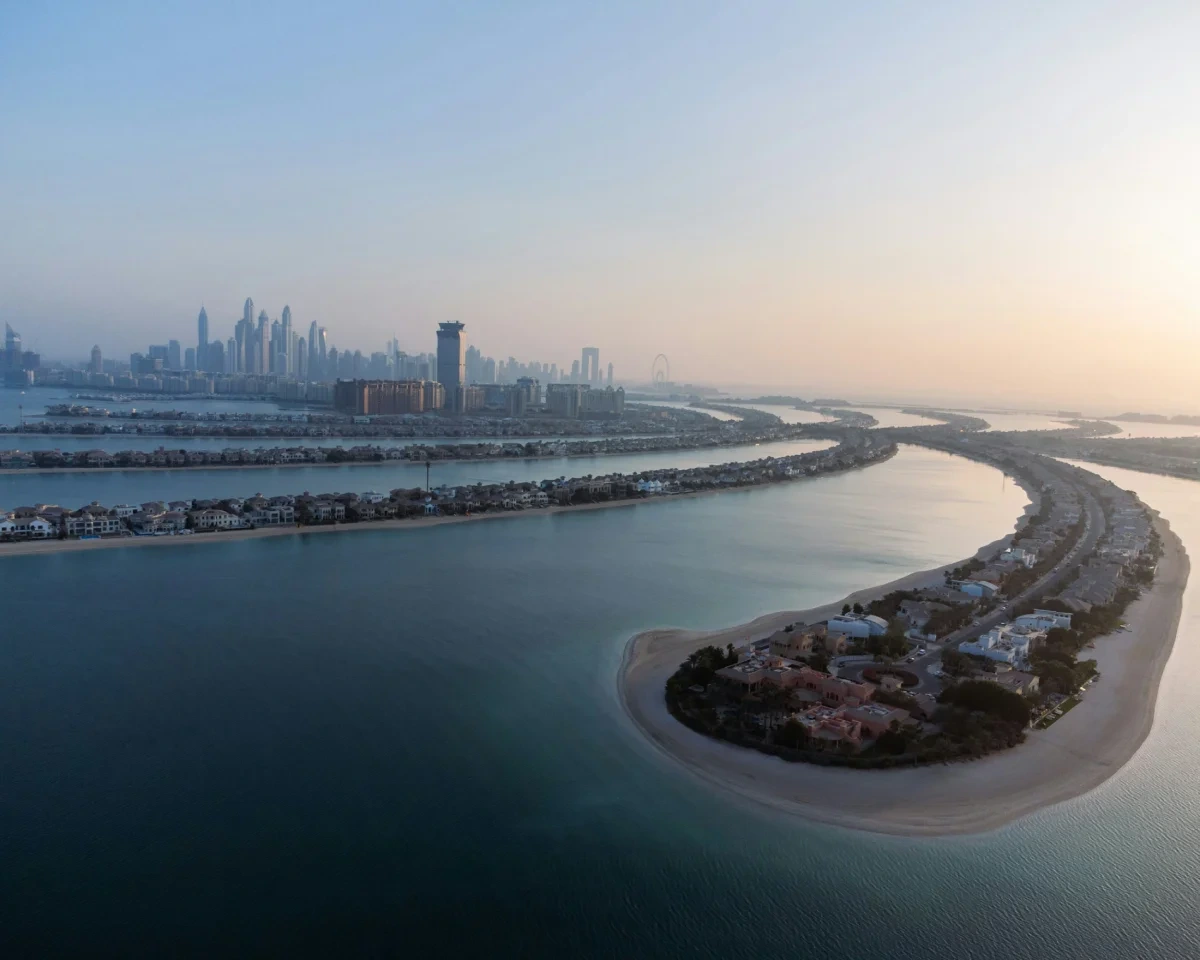
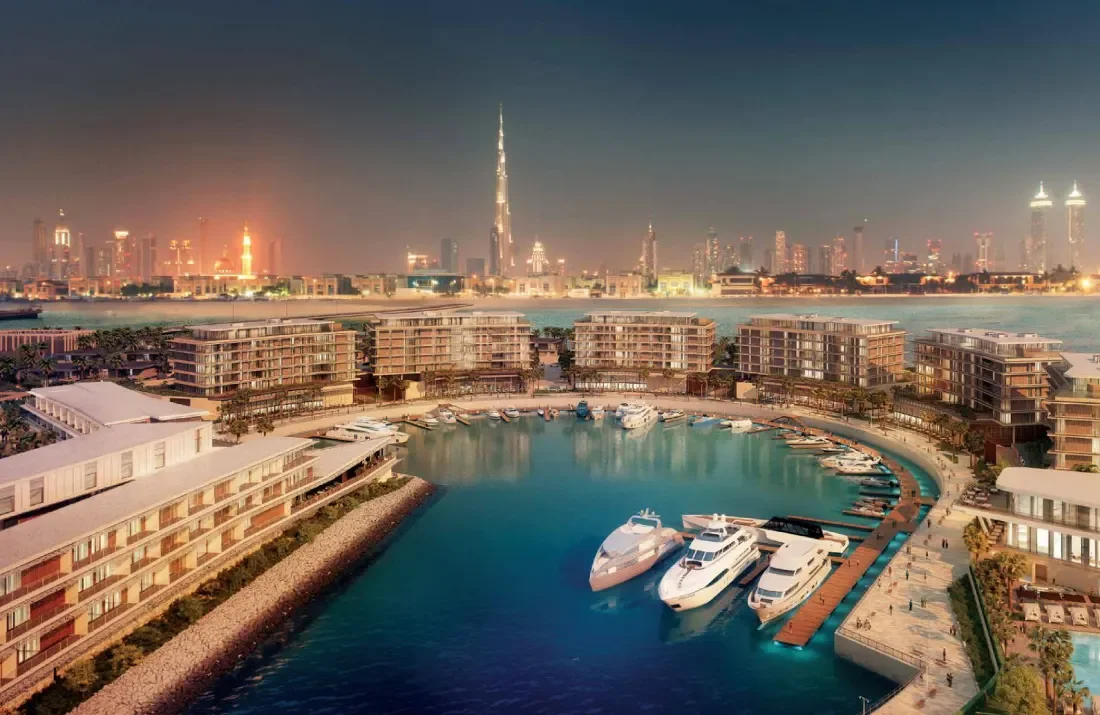
.webp)
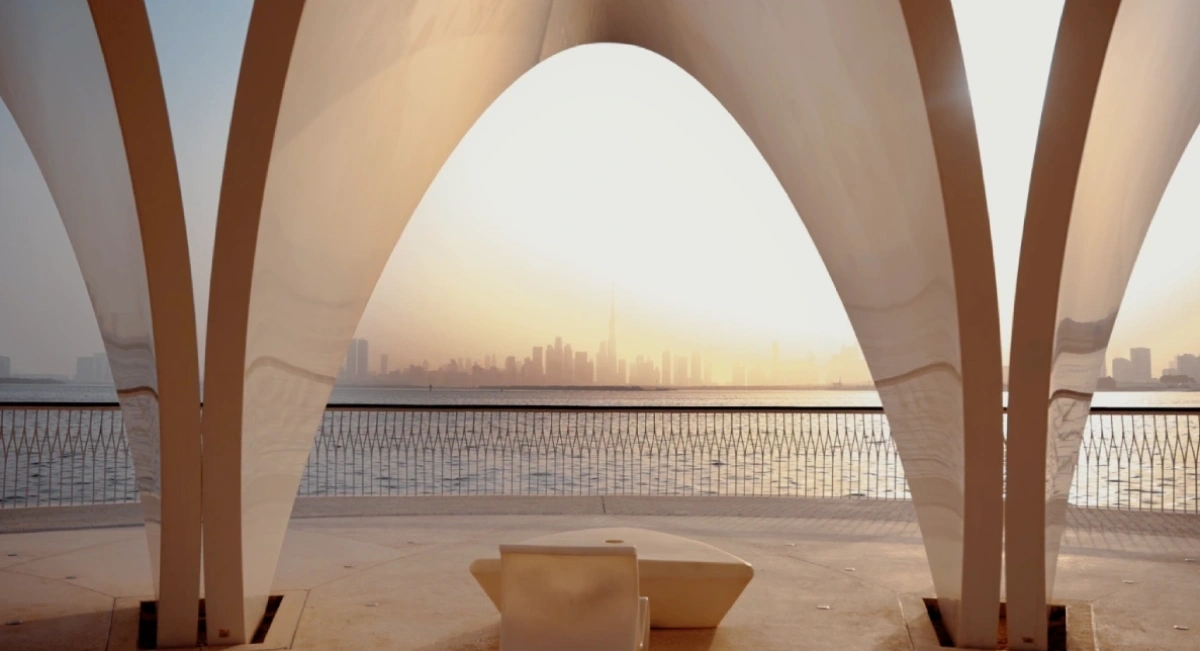
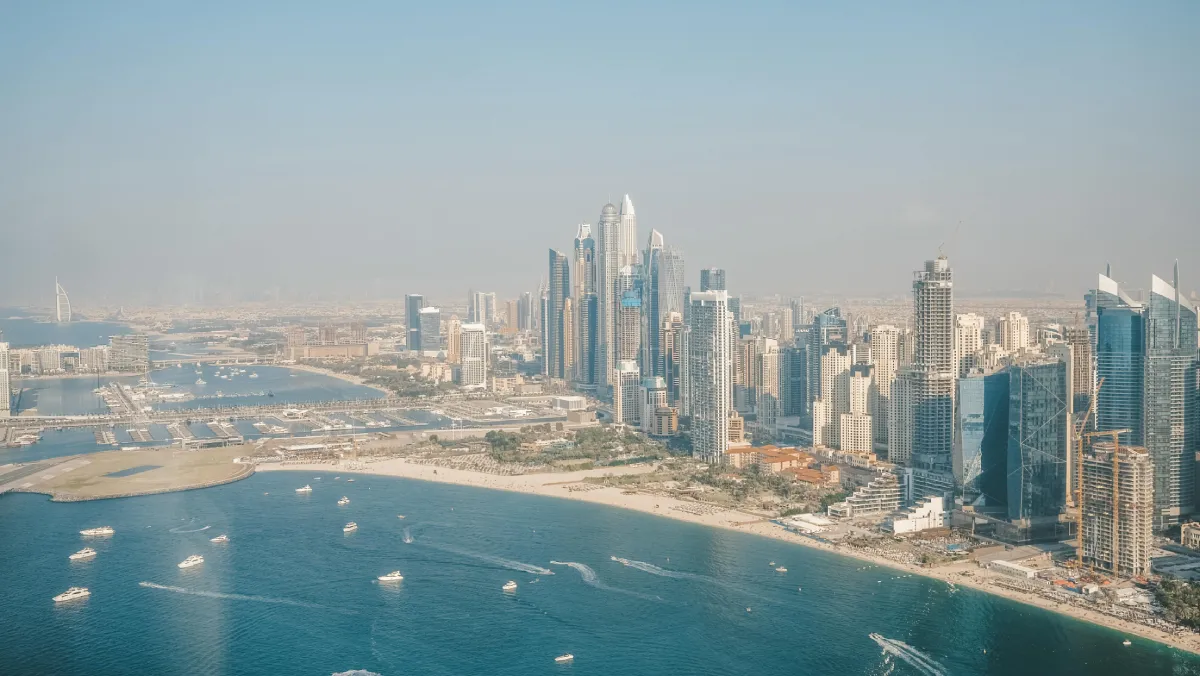

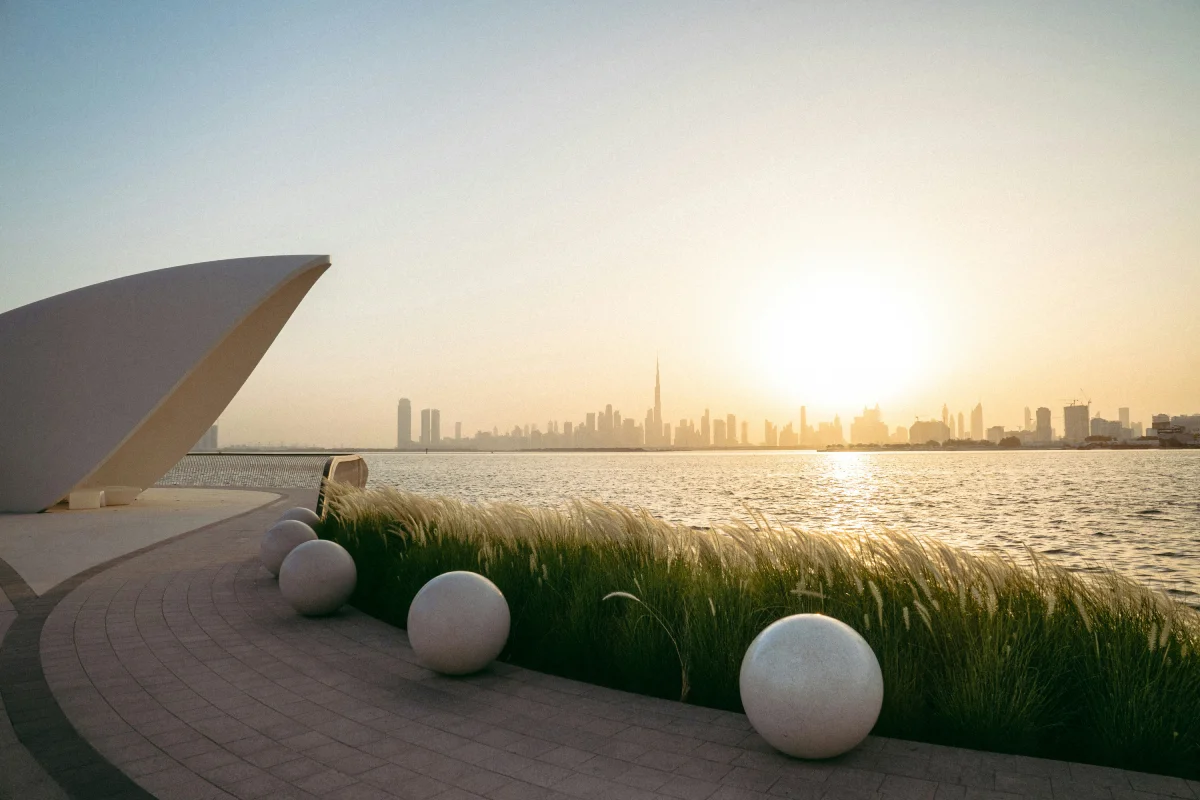



.webp)

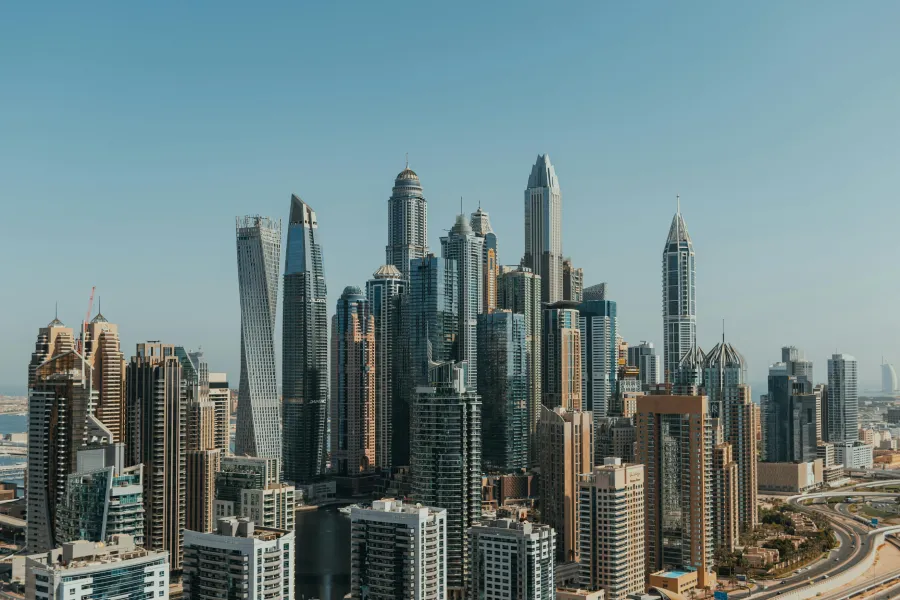

.webp)
.webp)




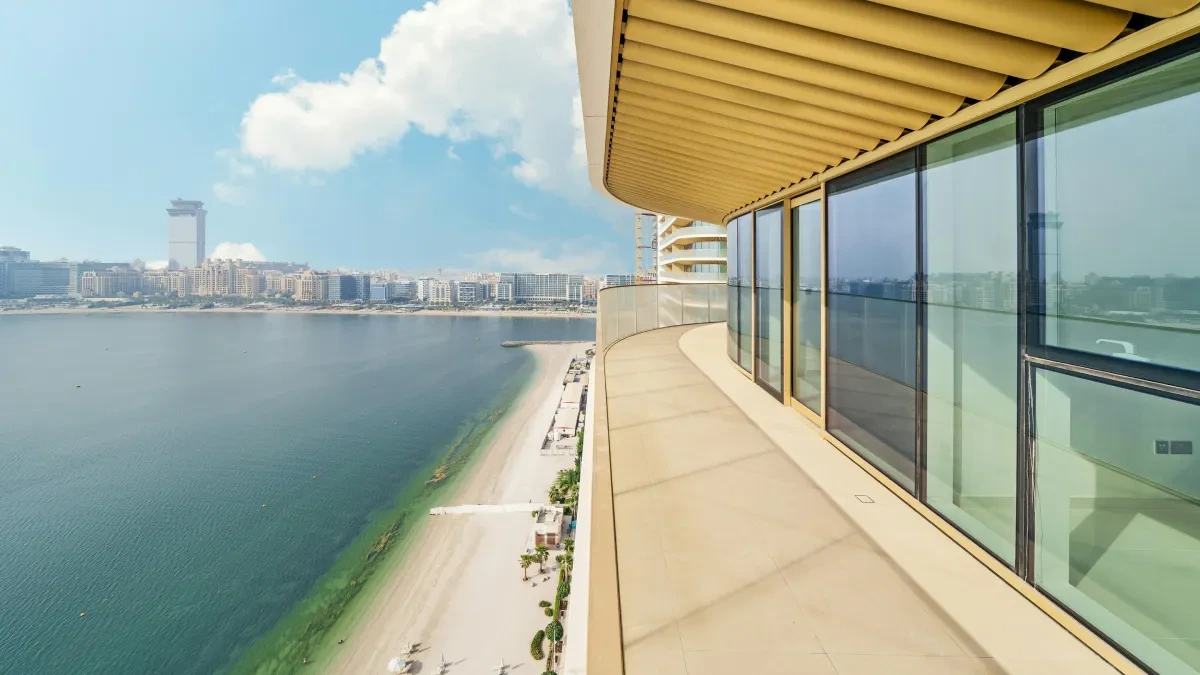





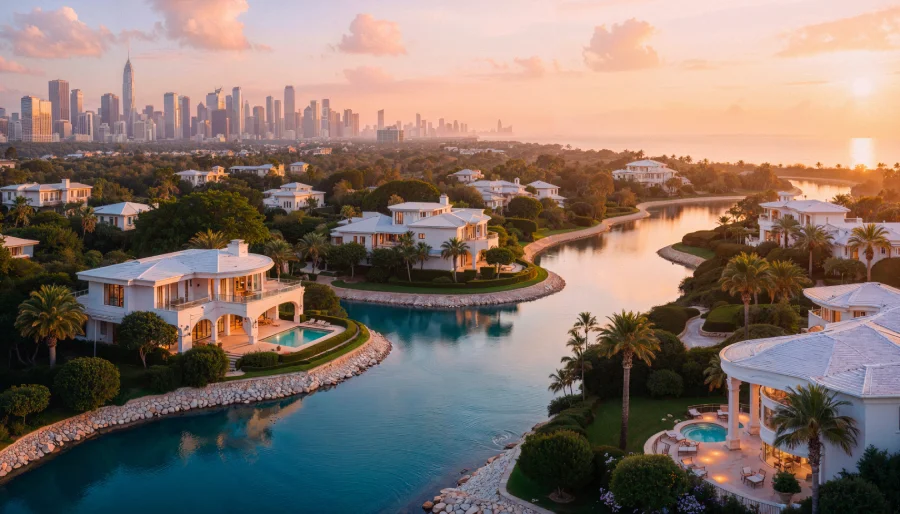


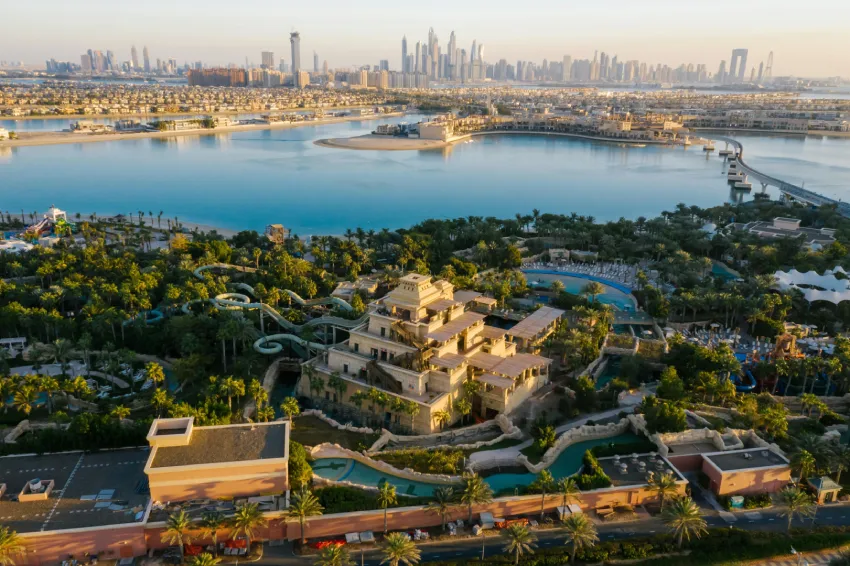

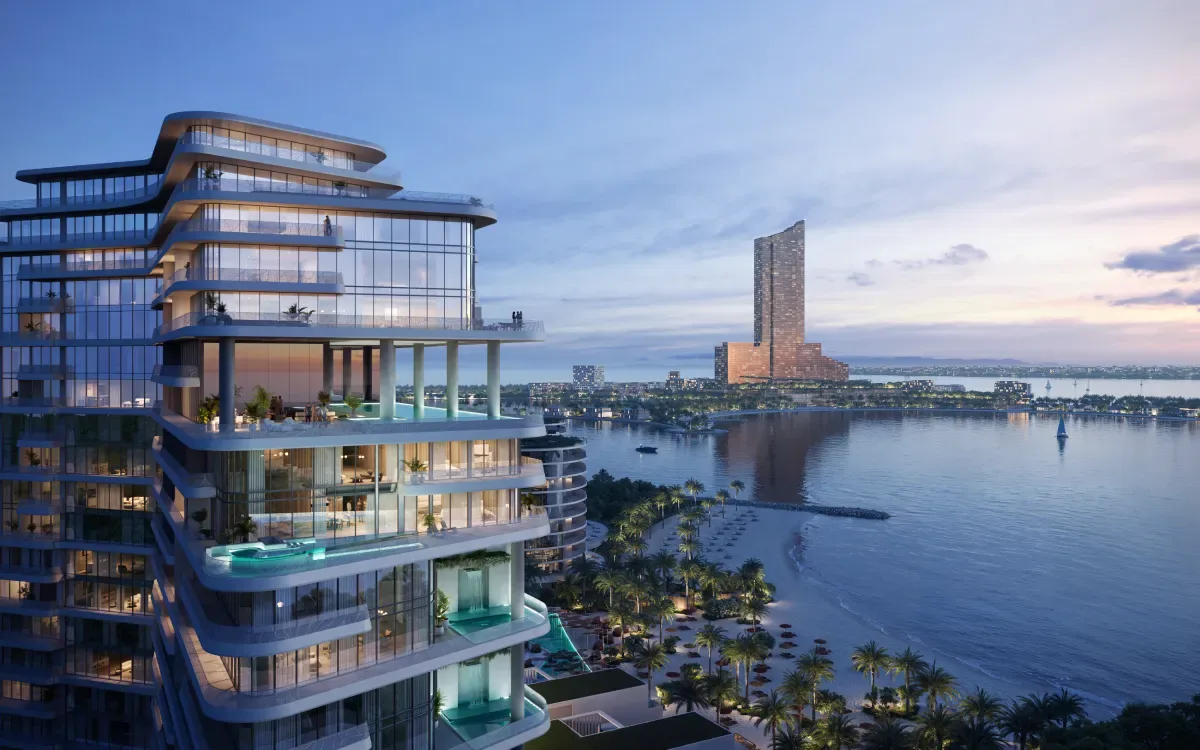


.webp)
.webp)
%20(2).jpg)



